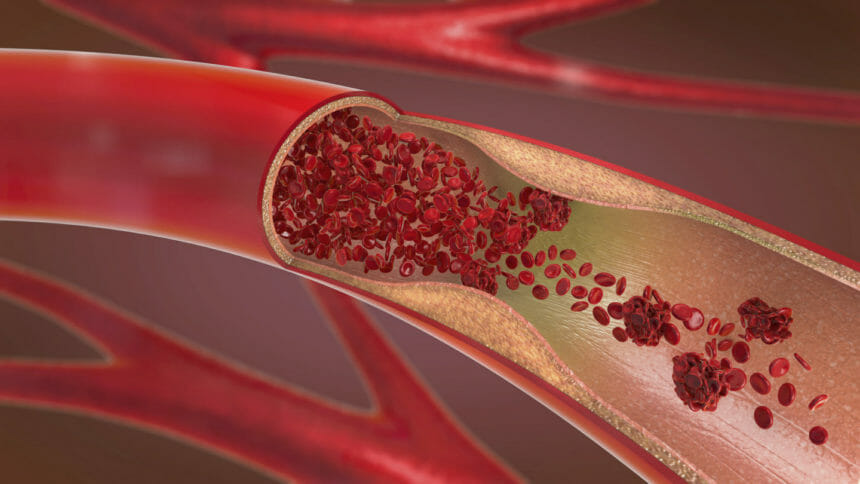
A blood test can tell which people may benefit most from anti-amyloid drugs — which could ease costs and prevent individuals from unneeded medicines, according to a new study published Dec. 4 in JAMA Neurology.
The study was conducted on 912 people who had cognitive decline. The mean age of participants was 71, and 54.7% of them were male.
Anti-amyloid drugs remove beta-amyloid, a protein that accumulates into plaques in the brain of people with Alzheimer’d disease.
The biomarker plasma phosphorylated tau 217 (p-tau217) did better than other blood-based biomarkers to identify which people may have the most to gain from when it comes to taking anti-amyloid Alzheimer’s drugs, according to the study. The biomarker essentially rules out groups that would not likely be helped by the medications: people who were amyloid negative, and those who were positive for amyloid but had a high tau burden, according to Oskar Hansson, MD, a researcher at Skåne University Hospital in Malmö, Sweden, and colleagues.
The researchers used a new technique so that only people with unsure plasma p-tau217 values — 17.1% of participants — would need cerebrospinal fluid (CSF) analysis or PET scans to know for certain their amyloid-beta status. Plasma p-tau217 was most significantly linked with a person being amyloid-beta positive (and therefore warranting anti-amyloid drugs).
“There is emerging evidence that anti-amyloid immunotherapies have the best benefit-risk ratio in amyloid-positive individuals who do not yet have too much tau tangle pathology throughout the neocortex,” Hansson told MedPage Today.
The researchers used the technique because conducting amyloid-PET and tau-PET scans in all people with cognitive impairment would be costly, he said.
“We now show that plasma p-tau217 can reliably identify many cognitively impaired individuals who are amyloid positive, indicating that advanced testing for detecting amyloid positivity with PET or CSF is not needed for most patients,” Hansson said.
“More novel, however, is that we show that the plasma test can also identify those amyloid positive patients who likely have a low tau load according to tau-PET imaging, and thereby, we can avoid doing tau-PET in those individuals,” he added.
Suzanne Schindler, MD, who was not part of the research, told MedPage Today that the consequences of not being accurate in terms of who actually needs the drugs is greater because doctors prescribe medications based on results of biomarker tests.



